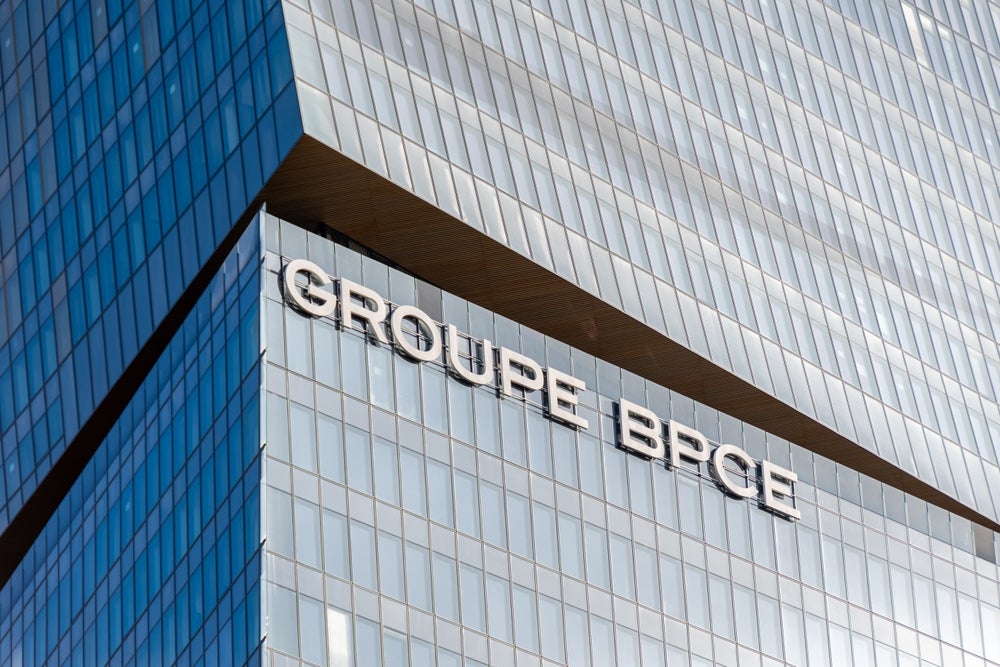
The Arena Television scandal that broke late last year sent shockwaves through the UK leasing market, leading to renewed calls for a nationwide system to be put in place to ensure such a wide-scale fraud can never be perpetrated again. But experts say there is no silver bullet in fraud prevention, especially when commercial pressures to close leasing deals take precedence. Che Golden reports.
One of the more alarming aspects of the Arena fraud was how widespread the fresh-air asset-based financing was. With 55 lenders being caught up in the scandal, 46 of whom are listed by Kroll Advisory, who handled the insolvency, as having no recourse to assets, it is not unreasonable to ask if an asset register would have prevented the fraud from spreading so far within the industry?
With the UK’s Finance & Leasing Association (FLA) currently in talks to explore systems with technology providers, industry experts have warned a register on its own will not be enough to prevent Arena-scale fraud in the long term.
There needs to be greater communication within the industry to provide good quality data for such a register, there needs to be a backup system in place to investigate fraud, and most importantly the industry itself needs to re-think its approach to fraud.
“If you have a register of any nature, it is only as good as the information put in, and if even a small portion of people aren’t using it, it devalues the information contained within it,” says Roger Potgieter, partner at Shoosmiths.
“That means that unless everyone in the industry gets on board with whatever system is eventually implemented, it’s not going to have the impact it is intended to have.”
How well do you really know your competitors?
Access the most comprehensive Company Profiles on the market, powered by GlobalData. Save hours of research. Gain competitive edge.

Thank you!
Your download email will arrive shortly
Not ready to buy yet? Download a free sample
We are confident about the unique quality of our Company Profiles. However, we want you to make the most beneficial decision for your business, so we offer a free sample that you can download by submitting the below form
By GlobalDataLeasing companies also need to be prepared to act on the information a system is giving them when it detects fraud – a reluctance to do so seems to be a widespread cultural problem that is going to be hard to overcome.
Fraud prevention mindset
Niels Spitters, CEO of Intrador, a Netherlands-based company that provides smart inspection systems for the heavy machinery industry, says that the mindset of the leasing industry needs to change.
“We have rolled our software out in 35 different countries and what we have learned is that the biggest stumbling block can be the mindset of the people inside the leasing companies,” he says.
“In the last two years, we have had many meetings because of Covid. People were interested to talk to us because our technology means that you do not need to send out physical inspectors, it can all be done online, which was perfect during the pandemic. Often, CEOs would come back to us and say they were frustrated because when they took the idea of our system back to their organisation, staff were resistant. People really need to start thinking in another way.”
That other way translates as not making sales the sole focus of a company. “It is all about sales and the entire culture is too focused on getting a few deals on the books at all costs,” says Potgieter.
“There is this need for speed. A new potential deal comes in and you are told you have three other potential lenders, if you don’t turn this around in 20 minutes the customer is going somewhere else. It is possible that some companies want new deals on the books at the expense of everything else, and only worrying about fraud if and when it has happened.”
There is also the possibility, no matter how distasteful it might be to admit it, that some companies turn a blind eye to small scale fraud and see it as the cost of doing business.
“What I hear in the market is that some companies do not want to confront a large customer that might have an asset double financed,” says Spitters. “If people are paying their bills on time, the temptation is not to confront them. From a risk perspective, that is not a good way to work.”
Once you overcome a cultural reluctance to change a way of working and get numerous parties to agree to use the same system in sufficient numbers to make a registry worthwhile, there is a third problem – punishment.
There can be a reluctance to report fraud to the police. Many people feel embarrassed that they have been victims of fraud and there is also concern about how they are going to manage their public image if customers find out they have been defrauded. Once something is reported to the police it is in the public domain where information is harder to control. There is also the issue of getting the police interested enough to pursue a conviction.
“The police often do not have the appetite to pursue a case of fraud against a bank or a large company, they would often tell a victim to pursue a civil complaint rather than a criminal one,” says Potgieter.
NaVCIS and 5G
One solution around this, says Potgieter, would be to put in place a system like NaVCIS, the National Vehicle Crime Intelligence Service, which the FLA set up some years ago with the membership paying for a dedicated police force to fight motor and vehicle crime. It is limited at this stage to motor vehicle finance, but it is possible it could be extended to cover asset finance.
Simon Goldie, director of business finance and advocacy at FLA, disagrees that the industry is turning a blind eye to small scale fraud.
“We take fraud and fraud mitigation seriously and we always have done,” he says. “We have a risk and fraud group that was established before I joined the FLA and its job is to identify fraud trends and develop solutions to deal with them. This includes cyber fraud. We run a fraud mitigation course every year that is very well attended, and we provide talks during the year.
“A register at some point could just become part and parcel of how things function when 5G really takes off, and then you have the Internet of Things,” he continues. “When you’ve got assets that are linked to 5G, it becomes much easier to have a register almost develop itself. We aren’t quite there yet with the technology, but in the future …”
“The important thing to remember is that there is no silver bullet,” says Potgieter. “Whatever the UK decides to put in place, fraudsters will find their way around it. They always do. The best thing companies can do is make themselves as unattractive to fraudsters as possible.”
Algorithms, 5G and blockchain are transforming asset inspections (PART II)
Related
Arena Television’s absconded directors and lessors’ missing millions
Unlocked office of Arena TV ex-boss yields £1m in broadcasting equipment







